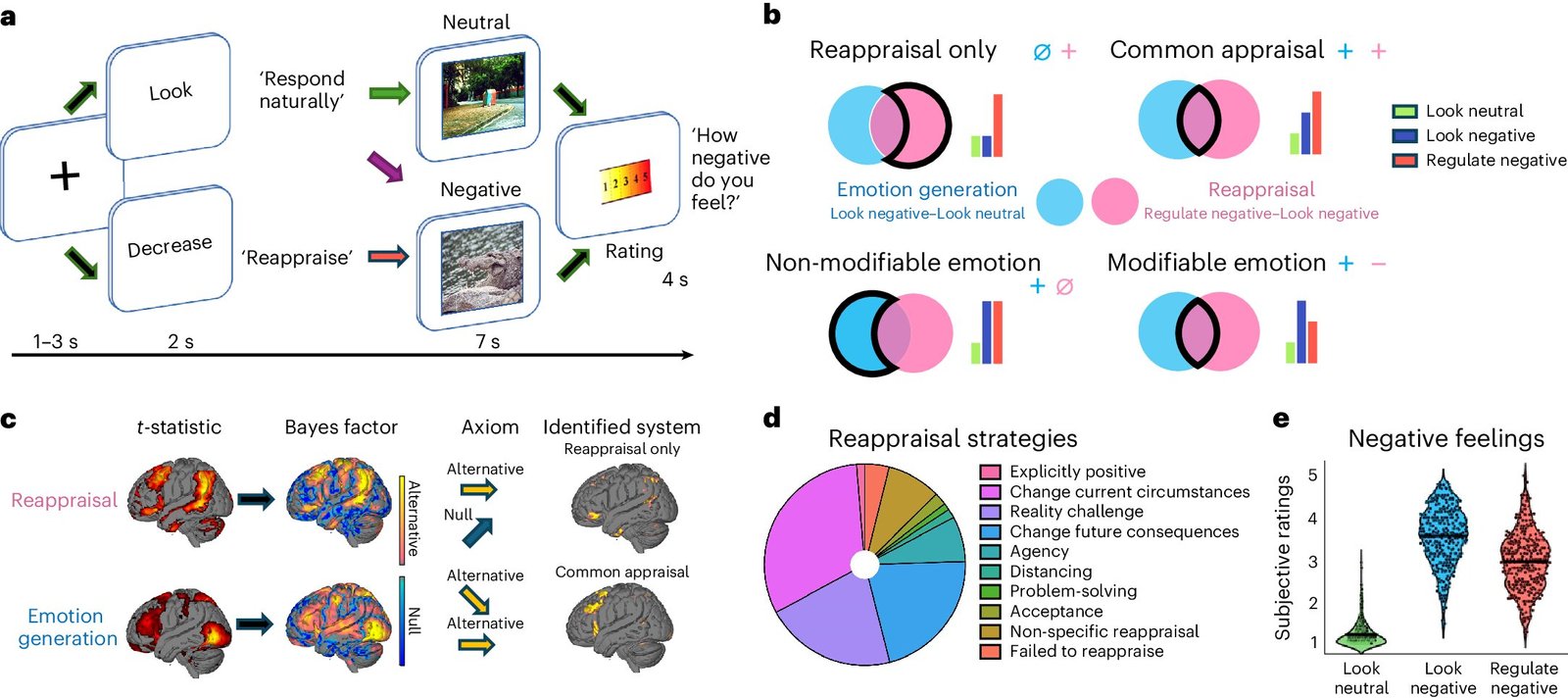Quebec’s College of Physicians is introducing new measures aimed at stopping the forced sterilization of Indigenous women, following a 2022 report that found more than 20 such cases in the province since 1980.
“We are taking concrete actions to ensure that no woman ever again undergoes sterilization without her knowledge or against her will. We must regain their trust,” College president Mauril Gaudreault said in a statement Tuesday announcing the changes.
The College formed a working group in 2022 to come up with recommendations after researchers from the Université du Québec en Abitibi-Témiscamingue (UQAT) documented a wide range of obstetrical violence targeting Indigenous women.
Researchers spoke to dozens of women who had been pressured into or misinformed about a series of interventions — from tubal ligations to abortions to hysterectomies.

The College announced Thursday it was adopting all the working group’s recommendations, including:
- Adding a preamble to the College’s code of ethics prohibiting any discrimination based on culture or identity.
- Making cultural safety training mandatory for College auditors and disciplinary investigators.
- Encouraging all doctors to take this training as of September.
- Reviewing and improving training for doctors on consent to care.
Suzy Basile, one of the UQAT researchers who also was part of the College’s working group, told CBC News in an interview Tuesday that her 2022 report was just the first phase of her research, and that she’s been documenting more cases since.
“I still meet women who avoid health services because they are afraid to be targeted. They are afraid to be judged,” Basile said.
“We’re surprised about the number of women who talk to us. We also know it’s just the tip of the iceberg,” she said.
Basile said she hoped these new measures would help rebuild trust in the health-care system.
“Hopefully this will encourage those women to go to their follow-ups and seek out all health services they need, especially when they’re pregnant,” she said.
New measures focus on clear consent
Innu surgeon Stanley Vollant, also part of the working group, told CBC News he was pleased the College acted quickly and decisively to address the problem.
“I was very surprised as a physician that still today those things could happen. I thought those things could [only] happen 50 years ago,” Vollant said.
In some of the cases documented in the 2022 report, doctors performed hysterectomies on women without clearly explaining that’s what they were doing.
Vollant said the new rules will reinforce the notion of consent.
“It’s always been important, but we have to put that at a higher level,” Vollant said.
“Every surgery, every treatment, has to be well detailed, translated and we have to make sure it’s well understood,” he said.
‘We have to name the problem’
Both Vollant and Basile said it would be helpful if the Coalition Avenir Québec (CAQ) government would follow the College’s lead and recognize that systemic racism is a problem in Quebec.
The government promised to make changes after the death of Atikamekw woman Joyce Echaquan in a Quebec hospital in 2021, and is working on a new cultural safety bill to improve care for Indigenous patients.

But the premier and his ministers have consistently refused to use the words “systemic racism” to describe the problem.
“If you can’t see the truth, if you can’t see reality, it’s very hard to move forward,” Basile said.
“I think it’s very key for Indigenous people that we have to name the problem to advance,” Vollant said.
“Systemic racism doesn’t mean that people are racist. It’s the history of colonization, the 500 years that have instilled values inside organizations.”
Despite the province’s stance, Both Vollant and Basile believe the College’s new rules were a major step forward, and a first for medical governing bodies in Canada.
“This problem is not just in Quebec, and I just hope this can be an example to follow all across the country,” Vollant said. “I just hope it won’t happen again.”
In Ottawa, a Senate committee is currently studying a bill that would criminalize forced or coerced sterilizations.










